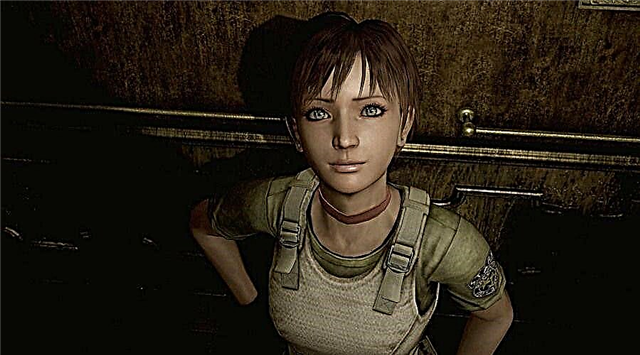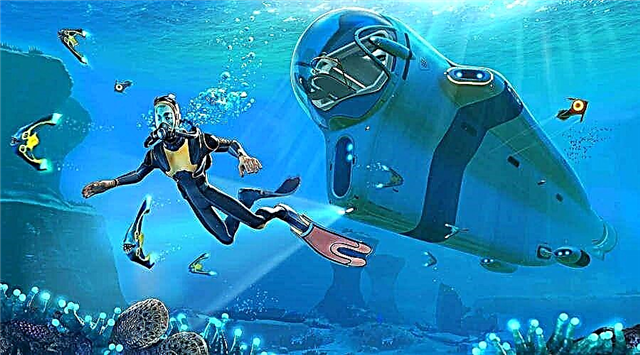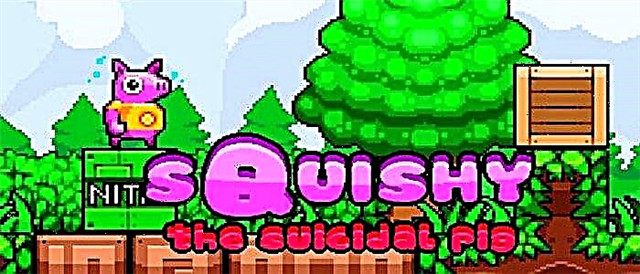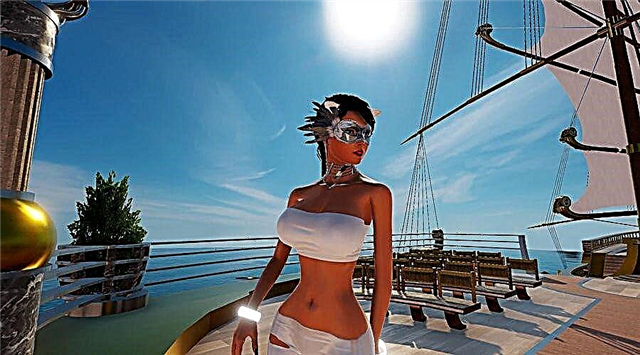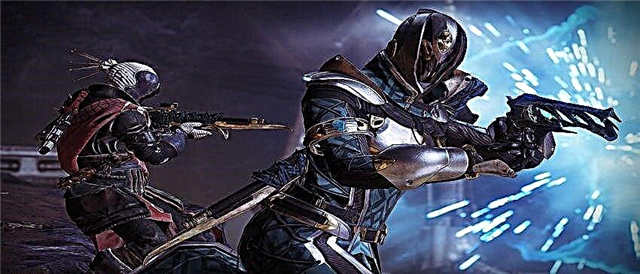Minecraft creator full name Markus Alexey Persson, born June 1, 1979, created his first computer game at age eight, skipped college, and ended up turning his love of Lego into a hit.
Which he can sell to Microsoft for about $2 billion. STOCKHOLM - Many fans of Minecraft creator Markus Persson have long regarded him as an outspoken programmer who enjoys public brawls with the world's tech giants and advocates for small independent game and software developers such as his own company, Mojang AB.
Now Notch, as he's known in gaming circles, is in talks to sell Mojang for around $2 billion, according to a person familiar with the matter. And the buyer is Microsoft Corp. MSFT -0.13%, which was once the subject of one of his most vitriolic rants on Twitter. This caused heartache among some of Mr. Persson's biggest supporters.
"Many of them saw Minecraft, and by extension Mojang, as the forerunner of the indie game development scene," says Tommy Carpenter, Lead Editor of the Minecraft Forum, an online forum for Minecraft players. "For them, the idea of an independent company being acquired by a large corporation is simply alien. They do not understand what could lead to such a development."
Mr. Persson's sale to Microsoft - if it goes through - would be the latest turn in a career path unusual even by gaming standards. Mr. Persson, 35, developed his first computer game at the age of eight.
He was unemployed for a long time, until in 2004 he took a job with King Digital Entertainment PLC, which produced the game "Candy Crush Saga", where he honed his game development skills. Five years later, he went on his own, launched Minecraft and founded Mojang.
He now owns the company with Carl Mannech and Jakob Porser, Mojang's original employees. The company employs about 40 people and generated about $290 million in revenue in 2013. The profit was $114 million, not counting the $115 million Mojang paid Mr. Persson last year for the right to license Minecraft.
Unlike many other gaming companies, Mojang charges a flat fee to download Minecraft on a personal computer, mobile phone, or game console like Microsoft's Xbox.
Mr. Persson, overweight and bearded, turned down numerous interview requests and appeared in only a handful of interviews over the years, including a short documentary published on YouTube in 2011. He can often be seen playing billiards at the Mojang offices in the party area of Södermalm in Stockholm. The office, designed like an English country club, has old-fashioned oil portraits of every employee.
Mr. Persson comes across as a shy and introverted person who doesn't tend to talk much to strangers. On Twitter and his blog, he is more outspoken.
Mr. Persson was born in 1979 in Farst, a working class district in the south of Stockholm. His mother was a nurse and his father suffered from recurrent bouts of drug addiction throughout his life, until his suicide in 2011.
When Mr. Persson was a child, the family moved to Edsbin, a city a few hours north of the capital, where he spent time walking through dense Swedish pine forests, "basically getting lost," he said in a YouTube documentary .
School was not a priority. At the age of eight, he developed his first game, a text-based adventure game. At the age of 13, he decided to make a living playing computer games. He studied print media at a vocational high school in Stockholm, but his grades weren't good enough to go to college. Instead of school, he immersed himself in the emerging subculture of gaming, hacking and coding that was flourishing in Stockholm.

"When I was very young I seem to say I wanted to be a cop or something. But I always knew I wanted to make games," he said in a 2011 documentary. "I told my high school career counselor about it, but she said, 'It's probably never going to happen.'
A government program in Sweden focused on subsidizing things like buying personal computers and deploying high-speed Internet networks, turning the country into an early technology hub.
Mr. Persson bounced from job to job until he moved to King, then a small Stockholm-based game developer. There he met Mr. Porser, who would later work with him at Mojang.
He left King in 2009 to focus on his own projects, one of which was inspired by his childhood passion for building Lego. In the same year, he launched a rudimentary version of Minecraft, in which players created virtual universes from pixelated bricks.
Jens Bergensten, the game creator who replaced Mr. Persson as the lead developer of Minecraft in 2011, was mesmerized when he first downloaded the game from Mr. Persson's naked site and played it with a friend for four consecutive days when they were both sick.
Mr. Persson founded Mojang in 2009 and hired Mr. Mannech as CEO. Mr. Manne worked for a small Swedish online photo album company that gave Mr. Persson a part-time job while he worked on Minecraft.
“There was a moment in the office [of the photo album] when Markus took me aside and said that he really needed to focus on this game of his. He told me about success, about what his numbers were. Then I realized that it would be success," Mr. Manne said in a YouTube documentary.
Messrs. Bergensten, Porser and Manne were unavailable for comment for this article.
Extremely shy in person, Mr. Persson has become a prominent personality on the Internet, which has helped build his cult following.
A year ago, in a post on Reddit, he talked about his personal wealth thanks to Minecraft and said that he had run out of ideas on what to do with all his money.
"As a result of the way modern society works, I somehow managed to earn a ton of money. I still enjoy playing games and programming, and once I got the latest computer and consoles, there was nothing to spend money on except for travel," he said.
In the summer of 2014, he paid nearly 30 million crowns ($4 million) for a penthouse in Stockholm's posh Östermalm district.
In 2012, he made fun of Microsoft's Windows 8 in several tweets, although he also praised the company as a gaming partner. He also attacked Facebook Inc. after it acquired virtual reality device maker Oculus this year, arguing that Facebook is more interested in growing users than making games. A few months later, he publicly declared that he was "done with Facebook."
Mojang is Microsoft, but how did Notch justify himself?

Yes, Mojang belongs to Microsoft, for better or for worse, as we still can't give our opinion on the consequences of the Redmond giant's acquisition of this firm, but the most interesting thing about this operation, which, as we recall, resulted in a sum of $ 2,500 million , this is the attitude and justification of Markus Persson "Notch".
Let's start with a clear base, and it is that Notch liked to talk about everything that seemed wrong, not sparing words, which led him, for example, to criticize Microsoft, the company to which, worldly affairs, he eventually sold Mojang.
Why did Notch, the creator of Minecraft, sell his company, and with it his masterpiece, to Microsoft? Well, according to his official farewell, in which we find clear contradictions, reassuring that he is not doing this for money, but for health, and also emphasizing that he will not continue in this new phase of Mojang.
Notch cares about what people say about him, opinions on Twitter and so on, and says he never wanted to do anything big, much less one as big as Minecraft, but that's where we find one of the supposed contradictions. as a couple of paragraphs below he says that after Minecraft "I couldn't try to do something big again".
On a personal level, it's clear to me that Notch is a contradiction in himself, who, plain and simple, chose to quietly retire with a good handful of millions and continue doing what he likes, nothing more. As always, we invite you to express your opinion in the comments.

